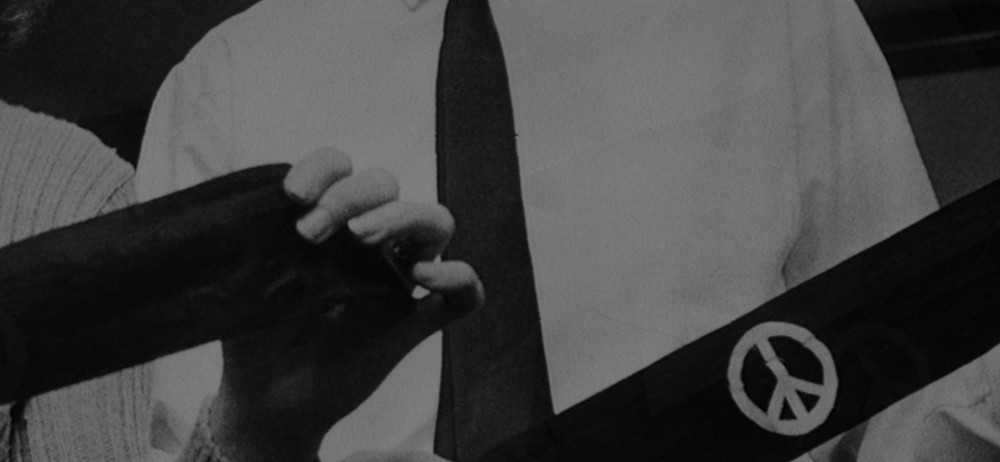
- Details
- By Neely Bardwell
John F. Tinker Foundation is offering an opportunity for students to win money through a National Essay Contest.
The contest is open to all youth, ages 10-19. First place prize is $5,000. Essays are due by midnight, August 10, 2022, and the winners will be announced in September. The contest is meant to draw attention to the foundation’s upcoming Fall Symposium on Student Rights.
The essays can be focused around a broad range of topics. Students can either pick from these three topics:
- What do peace and freedom mean in today’s world?
- What does freedom of speech mean to you?
- Can freedom of expression help us build a better world?
Students can also choose to write about these three issues:
- How can the people of the world help to bring focus on the problems that we face?
- How can we communicate with each other in eays that help depolarize the sources of social conflict?
- How can economic justice and the conflict between the rich and the poor be adequately addressed?
If none of those questions seem appealing, students can also pick any topic of their interest and convince the essay judges that their topic is important and that the judges should care about it.
The goal is to have their essays that are centered around the topic of their choosing, either from the list or from the open topic, refer to universal values of Peace, Freedom, and Justice.
To learn more or enter the contest, visit https://www.johnftinkerfoundation.org/essay.php
More Stories Like This
10 Years of Building Business Dreams for Indigenous WomenIchigo Foundation Awards American Indian College Fund Adult Education Program
Bard College Center for Indigenous Studies (CfIS) Hosts Annual Symposium With Keynote Speaker Miranda Belarde-Lewis on March 9–10
American Indian College Fund Announces Spring 2026 Faculty Fellow Cohort
Navajo Nation Signs $19 Million Diné Higher Education Grant Fund Act into Law
Help us defend tribal sovereignty.
At Native News Online, our mission is rooted in telling the stories that strengthen sovereignty and uplift Indigenous voices — not just at year’s end, but every single day.
Because of your generosity last year, we were able to keep our reporters on the ground in tribal communities, at national gatherings and in the halls of Congress — covering the issues that matter most to Indian Country: sovereignty, culture, education, health and economic opportunity.
That support sustained us through a tough year in 2025. Now, as we look to the year ahead, we need your help right now to ensure warrior journalism remains strong — reporting that defends tribal sovereignty, amplifies Native truth, and holds power accountable.
 The stakes couldn't be higher. Your support keeps Native voices heard, Native stories told and Native sovereignty defended.
The stakes couldn't be higher. Your support keeps Native voices heard, Native stories told and Native sovereignty defended.
Stand with Warrior Journalism today.
Levi Rickert (Potawatomi), Editor & Publisher

